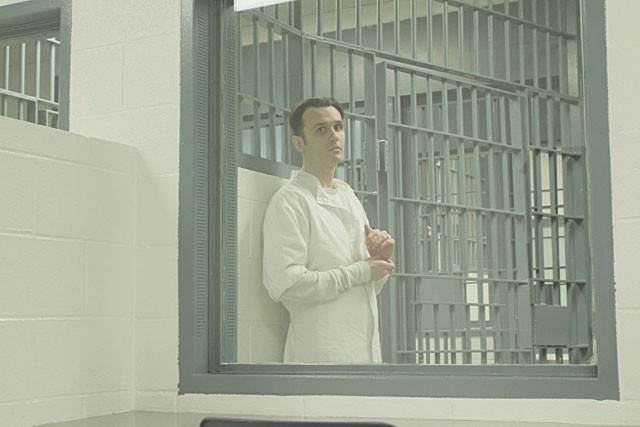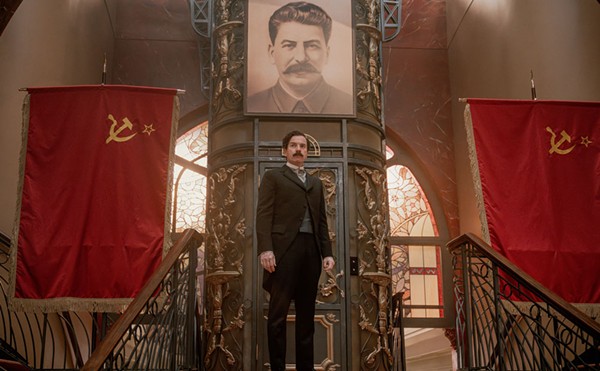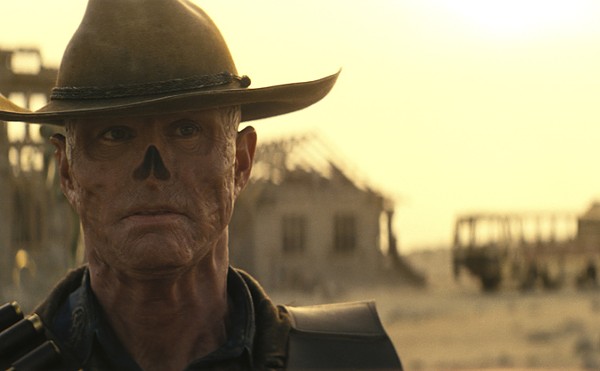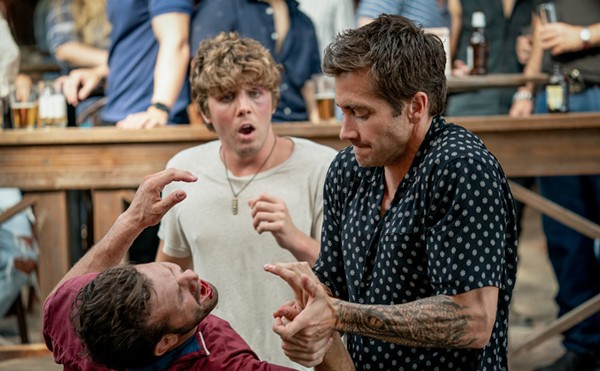West of Memphis
★★★ (out of 5 stars)
How you receive Amy Berg's documentary West of Memphis depends on what you already know. Those who have never heard of the West Memphis Three, a trio of Arkansas teenagers who spent nearly two decades in prison for a crime they didn't commit, will probably experience despair and rage in equal measure while watching this 145-minute chronicle of gross injustice.
For those who have seen Joe Berlinger and Bruce Sinofsky's landmark 15-years-in-the-making Paradise Lost trilogy, however, there is the nagging feeling that this "untold story" has arrived late to the game. Berg's film is certainly provocative in its treatment, having the advantage of hindsight to construct a lucid and compelling narrative, but there is a self-congratulatory attitude that subverts the film's final impact.
In 1993, the mutilated bodies of three young boys were found in a drainage pond in the Robin Hood Hills neighborhood of West Memphis. After roughly a month of investigation, three teens – Jessie Misskelley Jr., 17; Jason Baldwin, 16; and Damien Echols, 18 – were charged with the crime. Though there was no physical evidence linking them to the murders, authorities claimed they had killed the boys as part of a satanic cult ritual. This was determined by the boys' love of heavy metal music and preference for black clothing. Misskelley, who had an IQ of 70, eventually confessed under police interrogation, though his account didn't match the details of the crime. He and Baldwin were given a life sentence, while Echols – who was too smart for his own good and legally an adult – was put on death row.
Berg's film systematically lays out the crime and the highly flawed investigation that follows, but only occasionally references Berlinger and Sinofsky's documentaries, which were the first to produce evidence of a shoddy police investigation and an unprincipled prosecution. By hiring her own investigative team of legal and forensic experts, Berg assembles a critical mass of evidence that contradicts the state's case and provides the film with effectively dramatic gotcha moments. This ultimately convinces the Arkansas Supreme Court to arrange a plea agreement with the three men, granting them their freedom.
Where West of Memphis really hits its stride is in its inquiries into Terry Hobbs, the stepfather of one of the victims and a man with a disturbing and violent past. His alibi is convincingly called into question, and interviews with other family members reveal a profoundly unsettling pattern of behavior. Berlinger and Sinofsky first hinted that Hobbs might be the likeliest suspect in their third film, but Berg seems convinced beyond a shadow of a doubt – a troubling attitude given the knee-jerk miscarriage of justice her subjects endured.
West of Memphis provides us with meaningful context for what these men endured, the grass-roots support that sought to secure their freedom and where their lives are headed next. But much of this is compromised by a troubling display of star-fucking. Berg's narrative frequently shifts to Echols' celebrity supporters, most particularly director Peter Jackson (The Lord of the Rings, The Hobbit), who with his producer wife, Fran Walsh, funded the film and much of the private investigation. Henry Rollins, Eddie Vedder, Natalie Maines, Patti Smith and Johnny Depp all make appearances, as we see their obvious affinity for Echols, a creative and charismatic soul they seem to consider one of their own.
One can't help but feel that the celebrities involved needed this document of their efforts to appease their vanity. As tragic and enraging as the story of the West Memphis Three is, it has to be asked: Might this focus and support have been better spent spotlighting some lesser-known travesty of American justice rather than revisiting a case that has already gained celebrity, notoriety and a Hollywood production?


















